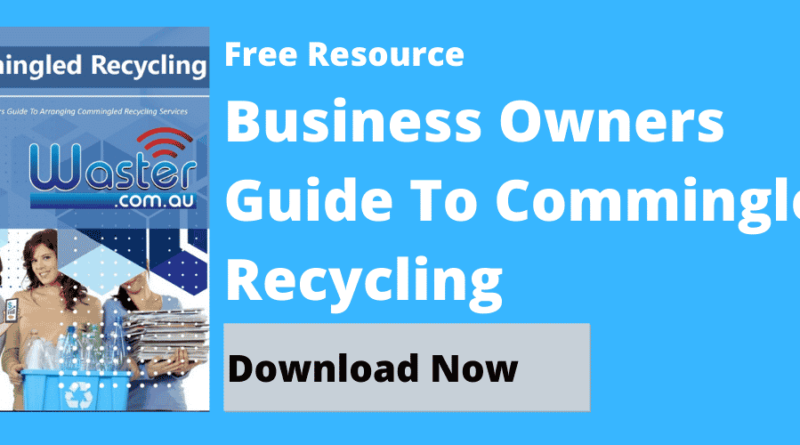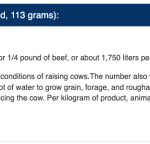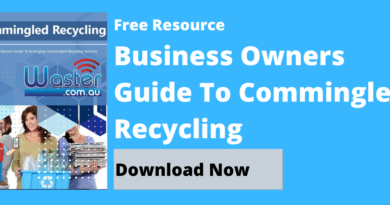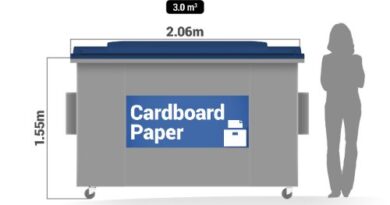Want To Reduce Using Water? Here’s How To Save Water 💧
Energy Disrupter
How To Save Water 💧: It does not take a rocket scientist to figure out that we must carefully ration Earth’s most valuable resource: water. Don’t know how? Well, not to worry! We wrote this blog to give you valuable tips on how to save water by reducing usage.
Two of the most valuable element in this world are air and water. These two commodities are considered renewable natural resources, meaning that they can replenish themselves over a period of time.
Water, in particular, is an abundant, renewable natural resource. However, all of us still have to keep in mind to save water and reduce usage to protect the environment. Although renewable, water is a finite commodity, which if mismanaged, will result in shortages.
According to World Vision, 780 million people lack basic drinking water access, more than one of every 10 people on the planet.
Unfortunately, the ongoing climate change challenge we experience today made accessing safe water much more challenging than before. This, as a result, has put people at risk of various diseases. Consuming contaminated water should be avoided at all costs, and we can only do this by saving water and reducing usage.
How do you save water and reduce usage? Well, you can start at home. Saving water at home provides you with a lot of benefits such as reducing your water bill and carbon footprint, minimising water pollution and more.
Below, we cover more on how to save water and reduce usage.
Who Waster is and what it does for businesses
Before we go further and cover how to save water and reduce usage, let me share with you more information about Waster.
>Download Now: Free PDF Business Owners Guide To Commingled Recycling Bin Services
We here at Waster provide you with innovative solutions for your and your business’s waste management and recycling needs. Furthermore, we provide flexible, 30-day contracts instead of the typical lock-in contracts to SMEs, which proves to be better.
If your business is based in Australia, partnering up with Waster will prove to be beneficial for your business! Here, I enumerate to you what we bring to the table in terms of providing quality waste and recycling services.
- You pay exactly what you asked for – and not a dollar more! For your waste management and recycling needs, avail of our flexible, 30-day contracts instead of those long, unproductive and hidden fee-containing lock-in contracts.
- Designed for small and medium businesses – we help you reduce costs whilst boosting recycling. That’s a win-win situation!
- On-time and reliable – we provide fully-accredited logistics and facility operators. By saying so, we ensure the safety and efficiency of our services.
As such, problems in the waste management industry are bound to rise like in any other business. Just as you need to save water, we need to help you, our customer, solve said problems. So if such issues arise in regard to our service, you can talk to our friendly customer service team.
READ NOW: Fast Fashion Is Producing Too Much Waste And Killing Our Environment 👚
Now, let us go on and talk about how to save water and reduce usage.
Here’s how to save water and reduce usage at home
Saving water does not take a lot of effort to do, though it does take discipline. As I mentioned above, everything starts at home. Below, we give you some ways how to save water and reduce usage.
- Save water by reducing your shower time. Did you know that a typical shower uses around 94 litres (around 25 gallons) of water? That equates to about 19 litres (approximately 5 gallons) per minute. Do not let the water run all the time whilst showering. Lather yourself with soap and shampoo with the water turned off, then turn it back on to wash and rinse it all off quickly.
- Do the same whilst brushing your teeth or shaving. Apply the prior step that we mentioned above and turn off the water whilst brushing your teeth. Fill a glass of water for rinsing your mouth. As for shaving, you can put a few centimetres of warm water where you can rinse your razor.
- In every activity you do, do not let the water run carelessly. We use water for almost everything we do; that is a fact. To save water, we have to use it wisely. Again, this means not letting the water run carelessly. For example, when you clean fruits and veggies on the sink, turn off the water and rinse them in a bowl full of clean water, instead.
- Water your garden or lawn only when you need to. You definitely do not need to water your lawn every day. Step on the grass. If it springs back up when you remove your foot, then you have no need to water them. In addition, you can wait for rainfall to water the lawn instead of watering them on a regular basis.
More ways to save water
Here are other ways you can save water and reduce unnecessary usage:
- Put a plastic bottle in your toilet tank. Cut down on water by putting plastic bottles or float boosters in your toilet tank. Start off by putting an inch or two of sand or pebbles inside each of the two plastic bottles to weigh them down. You can also do the first with only a single, one-litre bottle if you prefer. Next, fill the rest of the bottle with water, put the lid back on and put them in your toilet tank away from the operating mechanism. This may help you save nineteen litres (five gallons) or more of water every day.
- Check for any toilet leaks. To check, drop a few millilitres of food colouring in your toilet tank. Do not flush it. If some colouring begins to form in the bowl, you have a leak that may waste more than 450 litres of water a day.
- Avoid using your toilet as a rubbish bin. Whether some people will admit it or not, they throw some stuff on their toilets. Cigarette butts and tissues, for example, are notoriously known for being flushed down the toilet. Avoid doing this to save water.
Contact Waster right now for your waste and recycling needs now!
Does your Australian-based business need waste and recycling services? If so, then you have come to the right website!
Please call 1300 WASTER (1300 927 837). You can also email us at [email protected] or [email protected] if you have further questions. Find the best deals in terms of waste and recycling pricing and services!

















